Did you know there are foods you should not refrigerate? Refrigeration reduces the flavor quality of foods, damages their texture, and causes off odors. Chances are most people don’t know this.
Having a fridge in your kitchen is a blessing and knowing what foods not to put in the fridge is badge worthy. There are many foods that you should not refrigerate, including potatoes, herbs, garlic, and melons.
However, although we’re taught growing up that most food should go into the fridge immediately after purchase, there are foods that shouldn’t always end up in your fridge.
Are you still wondering about the foods that are not meant to be refrigerated? Here are the 16 foods you should not refrigerate.
1. Bread
The first on the list here is bread. Shocking? Putting bread in your refrigerator can be tricky because you feel the cold temperature should make it last longer especially if you can’t consume it once. The truth here is that keeping it in the fridge will make it last only to spoil the texture of the bread.
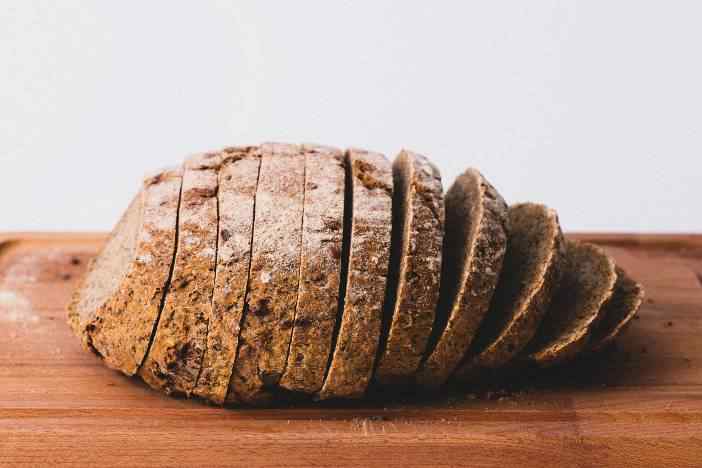
When you keep your bread in the refrigerator, you are opening it to get frozen. The bread will solidify over time if not consumed shortly. But then, this defeats the purpose of you keeping it in the refrigerator, so why should you then do it?
2. Potatoes
Home Economists and Scientists made it known that at cold temperatures, starch is converted to sugar. Now imagine eating your potato and you are tasting sugar. Weird, isn’t it? That is why potatoes are not on the list of foods to put in the fridge. They are not humid-friendly.
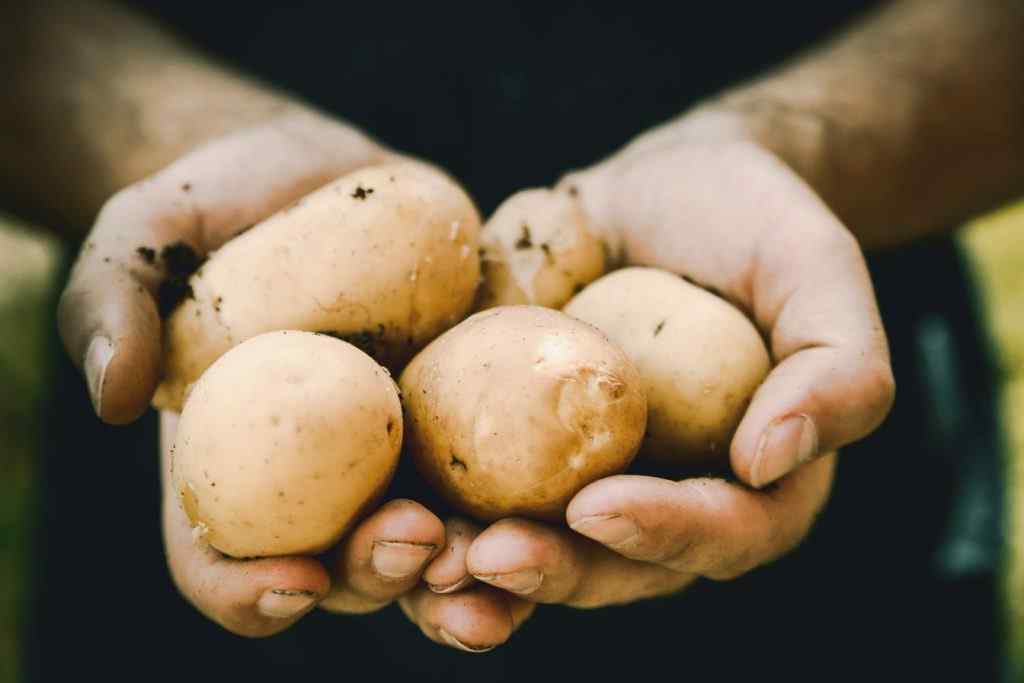
As a lover of potatoes, whenever you buy them endeavor to keep them in a cool climate, not a cold one. Keep also from sunlight. Heat makes them spoil quickly.
3. Herbs
Herbs are delicate and treated with utmost preservative caution. They tend to wilt when put in the refrigerator. The refrigerator makes them moist which in turn makes the herbs slimy; a condition that cooks do not want their herbs to take.

To preserve your herbs properly, you must obey and pay attention to light, moisture, temperature, and oxygen. Your herbs need low-level light to stay fresh. It should not be far away from the air and must be washed be storing.
There are two types of herbs. The soft herbs and the hard herbs. Soft herbs are not limited to Parsley, Cilantro, Dill, Basil, Tarragon, and Mint. Hard herbs are Rosemary, Thyme, Chives, Sage Oregano, etc.
4. Oils
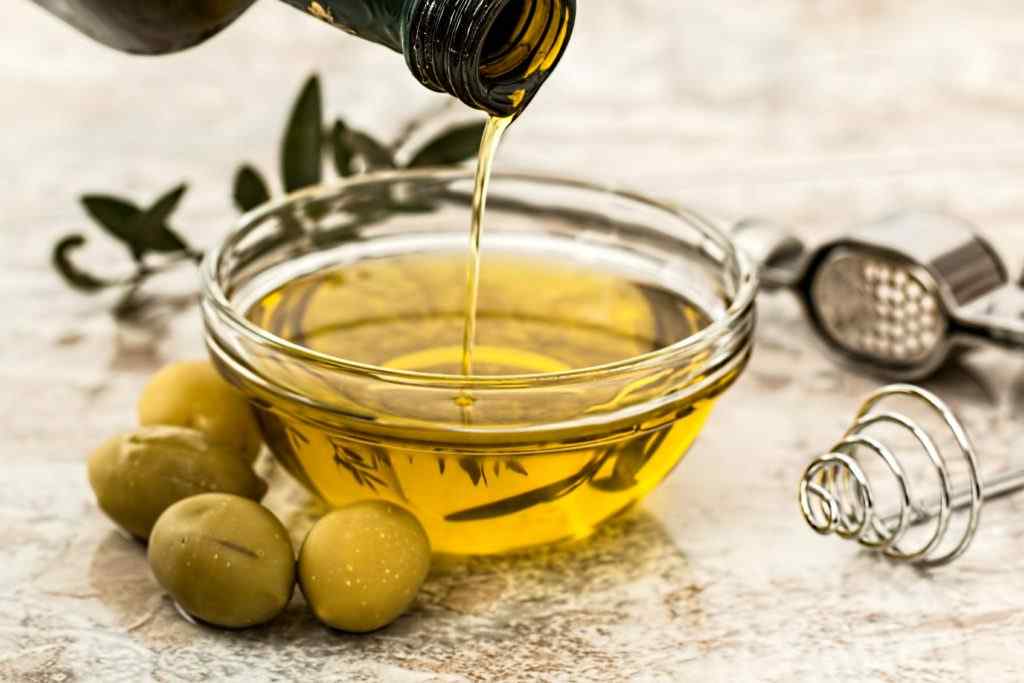
One food you should not refrigerate is oil. Do not do the mistake to keep your oil in the refrigerator. Once you do that, the oil loses its unique quality. Oils are kept at room temperature. Its content makes it impossible to refrigerate. Oils must not be exposed to oxygen, or heat which will make them rancid and they must be sealed tightly in containers.
In case you didn’t know, there are some cooking oils you can use. Check them out here.
5. Coffee
Coffee is another delicate food to avoid putting in the refrigerator. For coffee lovers, keeping your coffee in the freezer is a bad idea even if you are tempted to do so. As you will love to buy large quantities of coffee at home to save you the stress of going to the store every time.
The number one reason not to try refrigerator storage is that your refrigerator makes food moist. Keeping your coffee there will damage it. Coffee is made from a coffee bean that comes from the seeds of berries. Coffee is best kept in Ziplocs or storage bags never to be put into the refrigerator.
6. Honey
The most common food that is easy to store naturally is honey. It requires no special storage effort. Once purchased, just use and seal tight. It can stay for as long as you can imagine. But can your honey truly stay for a long time? I doubt it. Honey has an irresistible slapping taste that calls you back to take more.
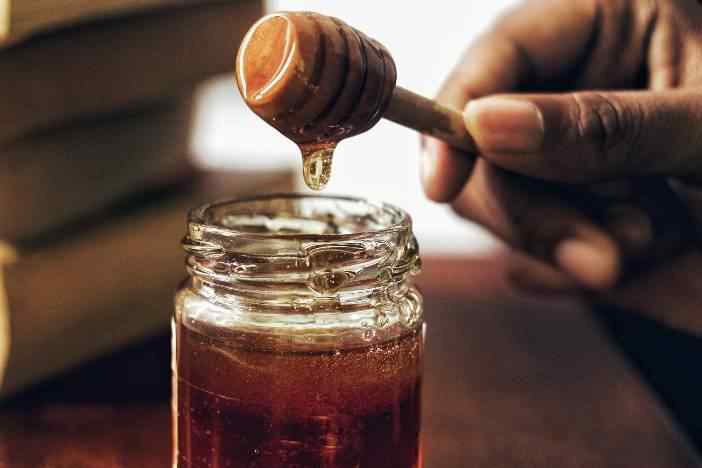
You should check out some tips that will make your cooking at home better here.
If you keep your honey in the refrigerator, it solidifies the content. This makes the honey lose its natural liquid texture. Honey is best taken in the liquid form not when frozen which will be difficult to pull out from the container.
7. Spices
Spices are best kept at room temperature. An attempt to keep it in the refrigerator will only make it lose its natural essence and flavor, particularly ground spices. Your spices should be stored in containers placed in the cabinets of your kitchen. Heat and light affect the texture of your spices. Balancing is always needed but avoid the refrigerator.
8. Onions
Refrigerating an onion has the same effect as that on the potato. In addition, putting your onion in the freezer will make it soaked and soft. The skin of the onion will become unpleasant to hold when needed for cooking. You could throw up at the slight touch of a moist onion. It is very irritating!
Uncooked onions are scientifically proven to also accommodate bacteria. So when put in the fridge, that’s an invitation for other food items in your fridge. So, do not keep your onions in the fridge, not even your half-sliced onion.
9. Cereal

Cereals are preferably kept as natural as they are in containers. They do not need extra care or caution. When used, just seal tight and store at room temperature. When cereals are kept in the refrigerator they get frozen. Would you eat frozen cereal? Not. Keep your cereals in the containers in which you bought them. Try not to misplace the container’s cover. You will put yourself under stress if you do that.
10. Butter
Your margarine should at no time be kept in the refrigerator. When you keep your butter in the refrigerator, you open it to chances of getting tough to spread because it becomes solidified. Refrigerating your butter relatively is not a bad idea but do not try it. You might regret it. Leave your butter at room temperature. It is best enjoyed in that condition at all cravings.
11. Nuts and Dried Fruits
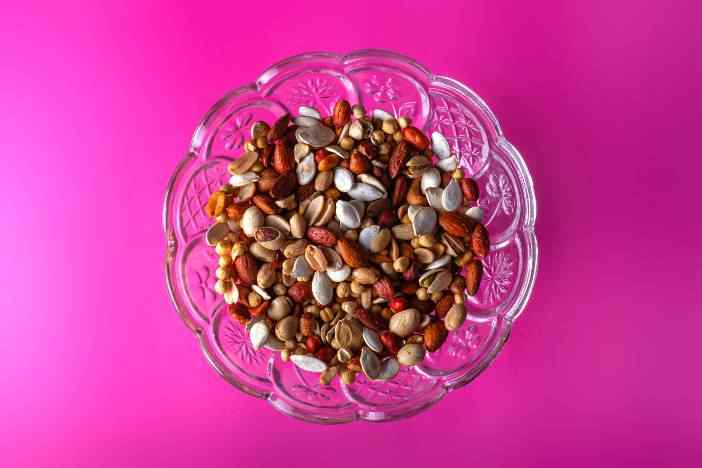
There’s no need to store your nuts in the fridge. It is simply stored in a cool dry place. At best room temperature. This applies to your dried fruits too. Storing your nuts and dried fruits in the refrigerator will make them completely lose their taste and they become useless. Why then should you do such?
12. Bananas
Bananas are one of the foods you should not refrigerate for any reason. They are best stored at room temperature because they can become mushy and lose flavor when they’re chilled. Keeping them at room temp allows the fruit to ripen properly so that it tastes sweet and creamy when you eat it.
13. Melons
Unless you live in an area with a very warm climate, melons should be kept at room temperature until they’re fully ripe, usually about three days after they are picked from the vine. Once they’re ripe, keep them cool (but not in the refrigerator) until you cut into them or serve them up for dinner.
14. Avocado
Another food you should not refrigerate is Avocado. The flesh of an avocado is very hardy, so it can sit at room temperature for several days before turning brown or mushy (although this will make it taste bitter).
However, once you have cut an avocado, it will turn dark green almost immediately upon exposure to air. This is regardless of how many times you wash it or how much lemon juice you squeeze on it.
15. Garlic
Garlic is another one of those foods whose texture deteriorates when exposed to cold temperatures.
If you want the full flavor from your garlic cloves, leave them out at room temperature until they’re soft enough to peel (usually about 10 minutes). Garlic can stay out of the refrigerator for months.
16. Berries
Berries are the foods you should not refrigerate. The best way to store them is in a paper bag or airtight container and keep them in your pantry or cabinet. Do not store berries in the refrigerator, as they will lose their flavor, become mushy, and leak juice.
Foods You Should Not Refrigerate: FAQs
Should all food be refrigerated?
No, refrigeration reduces the flavor quality of some foods, damages their texture, and causes off odors.
Does milk go bad?
Milk can go bad but it depends on how you preserve or store it. Read more on how to make your milk last long.
Will vegetables and fruits last longer in a refrigerator?
Yes, but not for so long.
Should you put your meat in a refrigerator?
The freezer is the best place to store meat to preserve it for long periods.
Foods You Should Not Refrigerate: Conclusion
Refrigeration is a key component in food safety and preservation. The ability to keep foods cold and slow the growth of bacteria is what allows us to eat perishable foods like chicken, beef, and seafood beyond the short shelf life they have at room temperature.
But there are some foods you shouldn’t refrigerate or should only do so under certain circumstances. Above are 16 common foods you should not refrigerate. I must say, this is not a definite list. Of course, there are still other food items you should not put in your refrigerator.
If you want more tips and advice on food preservation, I will encourage you to read my list of foods you can put in the freezer to keep them fresh.
I hope you found this article helpful. Thanks for reading.






